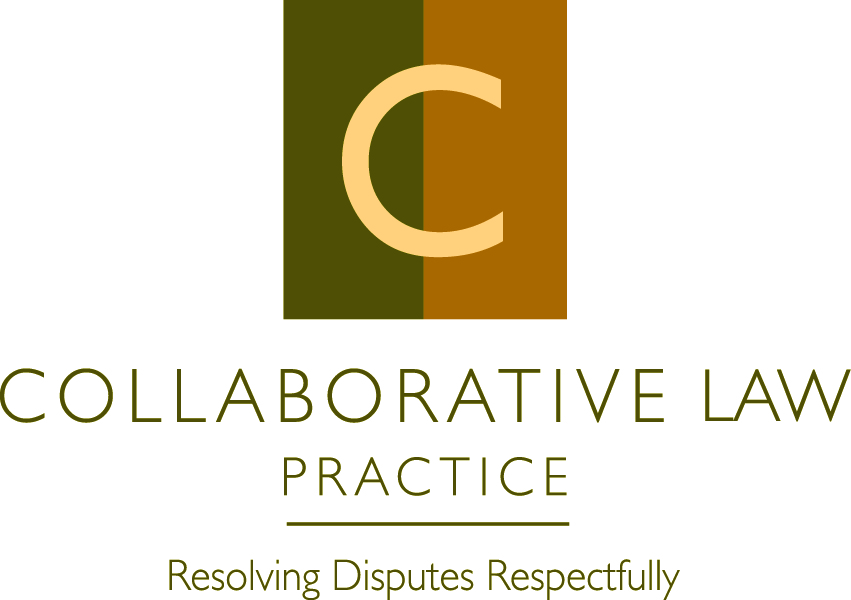FAQ
$200? $100,000? Which is it?
Both of these are true and neither one of them is true.
Maybe you’ve seen billboards claiming “$200 Divorce.” Is there any such thing as a $200 divorce? Technically, it can cost you absolutely nothing if you do it all yourself with free forms provided by Maricopa County’s Self Service Center and if you have your filing fees waived. The problem is that some places offer the “$200 Divorce” without informing you that the exact same forms they are using are available for free. They also don’t tell you that the Superior Court charges a filing fee of $321 for filing a Petition and $256 for a Response, unless you apply and qualify for a fee waiver. By the way, that $200 doesn’t buy you any legal advice, either, because those places are document preparation services, not licensed attorneys.
Maybe you’ve heard the saying “Love is Grand, Divorce is A Hundred Grand.” Is your divorce going to cost $100,000? Yes, it can cost that and much more if you have a complex estate, want to litigate every possible claim, and take unreasonable positions with the assistance of a willing attorney.
At Donison Law Firm, we think your divorce should be a budgeted expense, with careful consideration to spending money where you NEED to and not where someone else WANTS you to. Keep in mind that conflict costs money, so the higher the level of conflict the more you can expect to pay in legal fees.
I’m not married, but everything I’m reading refers to “Divorce.”
Yes! We offer services for all types of family law issues; however, our clients seek us out predominantly for divorce, so it’s a handy (if not all-inclusive) reference. For anyone seeking family law legal advice, we are happy to help. If we are not the right fit to serve your needs, we will advise you and refer you to other attorneys better suited to manage your case.
What is the difference between Collaborative Divorce and cooperative divorce?
Collaborative divorce is a formal model adopted by the Collaborative Divorce Professionals of Arizona under the umbrella of the International Academy of Collaborative Professionals. Our Collaborative Divorce Practice Group has adopted a “full team” approach wherein each party has an attorney and mental health coach, and each couple has a financial specialist and child specialist (if applicable). Collaborative Divorce participants agree to refrain from litigation and, if one party decides to litigate, all of the professionals withdraw.
Cooperative divorce is a more informal version of the Collaborative Divorce model that allows you to pick and choose which professionals you wish to engage in the process. For example, you might already be engaged in counseling and have an investment advisor that handles your finances, and prefer to work with them separately. In addition, you may want to engage (for example) a business valuation expert, home appraiser, and realtor. In cooperative divorce, we all work together to negotiate a solution. If one party decides to litigate any of the issues, all of the professionals may continue representation. In both instances, the parties are seeking an out-of-court solution to their issues.
For more information about these divorce models, click here to listen to an interview with Pamela Donison by Dianne Sikel. The interview is approximately one hour and will play in your default .mp3 player, typically Windows Media Player. You can also right-click the link and select ’save target as’ to save the file locally to your hard drive.
Who are your clients?
All types of people engage our services. We have an equal number of men and women as clients, and represent people who make a modest wage as well as multi-millionaire business owners. We represent newly engaged spouses-to-be and divorcing couples who have been together for decades, same sex couples moving in together and never-married couples who are breaking up, people who have children from previous relationships and couples with no children at all, home-based consultants and business owners who value the privacy and confidentiality of out-of-Court solutions.
We enjoy working with a variety of clients with one thing in common: they want to handle their affairs peacefully, privately, and with minimal damage to their family. The firm does not represent parties engaged in cases alleging child sexual abuse and we do not handle adoption or termination of parental rights. We are happy to provide referrals to our trusted colleagues for those types of cases.
What is the difference between Arbitration and Mediation?
In both cases, we serve as a neutral third party.
In Arbitration – essentially a private trial – the Arbitration Panel acts as a judge, hearing your testimony and making a decision in the form of a binding Arbitration Award.
In Mediation, we serve as a facilitator to help you come to an agreement on the issues. In both instances, we assist you in reaching an out-of-court solution to your issues.
Can’t I do my own divorce?
Yes and many people do; however, don’t be misled by billboards that promise a “$200 Divorce.” The information is misleading, as Court filing fees are over $300! The Maricopa County Superior Court offers forms through their Self Service Center that are free of charge. Unfortunately, many family law issues are more complex than they initially appear, so you may be “penny wise and pound foolish” to represent yourself. We recommend that if you are going to have a Do-It-Yourself Divorce, you at least seek advice on the form of Decree or Order that you submit to the Court. It is so much easier and much less expensive to get it right the first time! Correcting mistakes through post-decree modification is time-consuming and can be very costly, depending on the agreements that you are seeking to revise. For Do-It-Yourself Consulting, we provide services on pay-as-you-go basis.
We have agreed on almost everything, but we need help with the formal process of getting divorced. Can you help?
Yes we can! We have assisted many couples with a Do-It-Yourself Divorce who have come up with the basic terms of an agreement, but want assistance in filing their Petition or Response, drafting an agreement, and filing their decree or orders. For this type of Consulting, we bill on an hourly basis and are paid at the time the work is done.
My spouse and I own a business. How can we keep our financial information from being public record?
Many people don’t realize that when you divorce as a business owner, all of your personal and business financial data is fair game to be used by your spouse as evidence of earnings and, therefore, becomes part of the public record open to all of your employees and competitors. To avoid what can be a devastating disclosure, business owners should never take their divorce to court. See the section on Double Divorce on our Services page.
I really want to have my day in Court! Will you litigate my case?
It is important to understand that a day in real Court is not at all like a day in TV Court. You likely will not get the type of satisfaction or “justice” that you have imagined and your legal fees will be much higher than you imagined! A typical litigated divorce, including trial, costs approximately $30,000 – $75,000 per person. A few will cost less and some will cost much more. In Maricopa County, only about 5-6% of cases end up going to trial and only about half of those actually need to be tried before a judge. Only about 3% of cases really should go to trial, usually due to the inability of one of the parties to make rational decisions due to substance abuse and/or mental illness.
We accept a very limited number of trial cases each year, with preference given to former clients. If we evaluate your case as one that should be tried and we are unable to accept your case, we will refer you to our trusted colleagues who concentrate their practices on litigation.
Do you offer free consultations?
No, but the first hour of your consultation is discounted from our usual hourly rates.
What should I bring to our first meeting?
If you have any written agreements between you and the other party, or Court orders regarding the matter in dispute, you should bring those documents. At our first meeting we will talk about your individual needs and what documents to gather, and we will give you a checklist of items to bring to our second meeting.
I want to mediate, but my spouse won’t agree. Now what?
It’s not unusual for one person to be less than enthusiastic about the divorce, no matter what the method. Mediation is a voluntary process and unless your spouse will at least agree to one meeting, your next step will be to explore some other method of resolution. Often, it is fear of the unknown that makes people hesitant to engage in mediation. We encourage reluctant spouses to review the information on our website, then come in for consultation to get more information about how the process works.
We can’t agree on anything except that we don’t want to go to Court. What are our options?
Sometimes, communication breaks down to the point that you may both think reaching agreements will be impossible. If mediation or Collaborative Divorce are out of the question, you might be successful in cooperative divorce or negotiation. Another excellent option for people that have a hard time negotiating with one another is to choose binding Arbitration, or “private trial”. Arbitration allows you both to present your side of the story to a panel of experienced practitioners, along with evidence and witnesses, just like a trial, but less structured. Arbitration is superior to a Court trial in that it’s more informal, completely private and confidential, can be accomplished quickly, and the result is an Arbitration Award that forms the basis of your decree or Court orders.
Do you work with other experts?
Yes! We regularly work with mental health professionals, divorce financial planners, business valuation experts, investment advisors, realtors, pediatric therapists, vocational evaluators, real property appraisers, accountants, estates and trusts attorneys, business attorneys, and Court-appointed special masters. Our team approach ensures that decisions are based on the best possible data rather than conjecture or “guesstimates.” We know that working with experts is a wise and cost-effective method of helping you make smart decisions about your family, finances, and future.
I’m afraid to mediate because my spouse always bullies me.
Yours is a valid concern and it may disqualify you from being able to effectively engage in mediation or Collaborative Divorce. Any time there is a significant power imbalance in a relationship, you run the risk of being “bullied” into agreeing to things that you never intended. The best way to safeguard against that dynamic is to participate in individual counseling to assist you in facing the task at hand in a more rational and less emotional way. Employing the services of a mental health coach is another important step to ensuring that your Alternative Dispute Resolution achieves results that you can live with.



